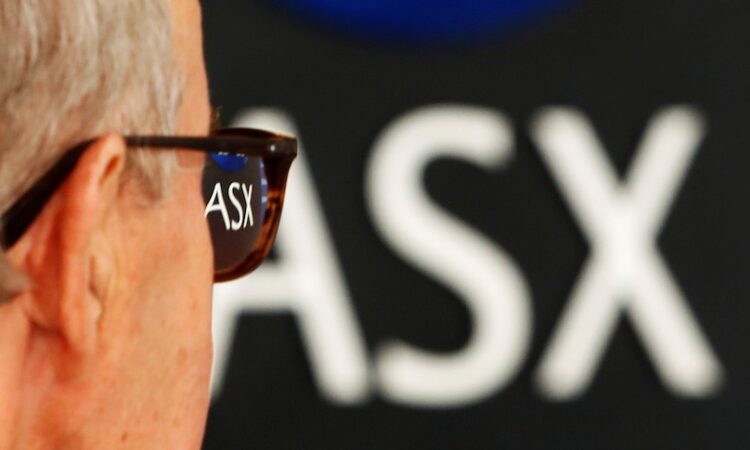
Wall Street has surged after the UK reversed course on its mini budget, which had caused chaos in financial markets, and after strong Bank of America earnings drove a relief rally.
Key points:
- The Dow Jones index rose 1.9 per cent, to 30,186, the S&P 500 rose 2.6 per cent, to 3,678, and the Nasdaq Composite rose 3.4 per cent, to 10,676
- Meanwhile, the FTSE 100 index gained 0.9 per cent, to 6,920
- At 7:10am AEDT, the Australian dollar rose 1.5 per cent, to 62.87 US cents, while the ASX SPI 200 index rose 0.9 per cent, to 6,723
Bank of America jumped more than 6 per cent as the lender’s net interest income was boosted by rising interest rates over the quarter, even though it bolstered its loan loss reserves as a buffer against the softening US economy.
Elsewhere, Bank of NY Mellon also benefited from higher interest rates.
The news contrasted with a fall in net income over the third quarter for other Wall Street financial giants, including JP Morgan Chase, Morgan Stanley, and Citigroup.
Meanwhile, the Dow Jones Index rose 1.9 per cent, to 30,186, the S&P 500 rose 2.6 per cent, to 3,678, and the Nasdaq Composite rose 3.4 per cent, to 10,676.
US stocks remain in a bear market amid high inflation, the war in Ukraine, supply chain bottlenecks and predictions of recessions in the US and globally.
The Australian market is also set to rise with the ASX SPI 200 index up 0.9 per cent, to 6,723, at 7:10am AEDT.
Overnight, the Australian dollar was volatile.
It fell below 62 US cents before surging 1.5 per cent and briefly jumping above 63 US cents.
At 7:10am AEDT, it was buying around 62.87 US cents.
Brent crude oil was steady as recession fears offset China’s continuation of stimulatory monetary policy.
Overnight, Brent crude rose just 0.1 per cent, to $US91.74 a barrel, while West Texas crude slipped 0.1 per cent, to $US85.40 a barrel.
Spot gold gained 0.4 per cent, to $US1648.70 an ounce.
UK policy u-turn
UK shares rose as new finance minister Jeremy Hunt reversed Prime Minister Liz Truss’s mini budget that saw debt-funded tax cuts cause turmoil in financial markets and sent the pound to a record low against the US dollar, forcing emergency intervention from the Bank of England.
The FTSE 100 index gained 0.9 per cent, to 6,920.
Under the new policy, most of the 45 billion pounds ($81 billion) worth of tax cuts will go and a two-year energy cost relief scheme for households and businesses will be scaled back from two years to six months.
The pound jumped more than 2 per cent against the greenback on the news and yields on long-dated UK government bonds dropped further.
“Hunt’s statement should reduce the need for the BoE [Bank of England] to raise rates as aggressively as it might have done, but it is still struggling to bring inflation down and, as such, will need to act in some shape or form,” said Richard Carter, head of fixed interest research at Quilter Cheviot.
“In the short-term, however, this raises serious question marks over the future of the prime minister and, as such, further political volatility lies ahead for markets,” he said.
ABC/Reuters




